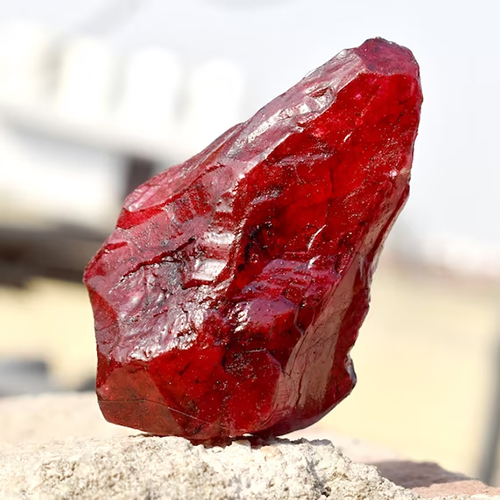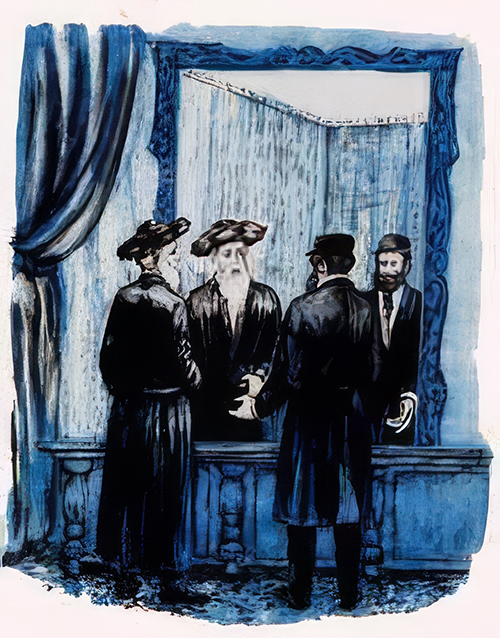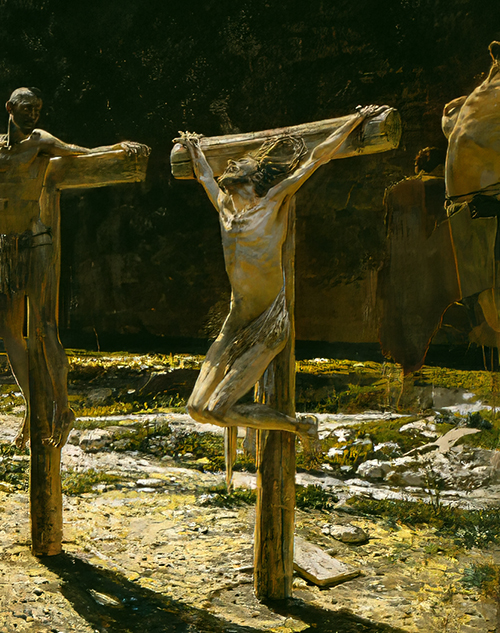
A wandering monk came to a village.
He was about to settle down under a tree for the night when a villager came running to him and said, ‘Give me the precious stone.’
‘What stone are you talking about?’ asked the monk.
‘Last night I had a dream’, said the villager, ‘that if I went to the outskirts of the village at dusk, I would find a monk who would give me a precious stone that would make me rich forever.’
The monk rummaged in his sack, found a stone and took it out. ‘This is probably the stone you are talking about,’ he said, as he handed it to the villager. ‘I found it in the forest a few days ago. You are welcome to it.’
The villager took the stone and gazed at it in wonder. It was a beautifully red ruby, the largest he had ever seen.
He took it home with him.
All night he tossed about in his bed, unable to sleep.
Early next day he went back to the outskirts of the village and found the monk.
He said to him, ‘During the night I was unable to sleep, and I have done a lot of thinking. You can have the precious stone back.
Instead, give me the kind of wealth that makes it possible for you to give this ruby away so easily.’
The richer a person’s inner life is, the simpler becomes their outer life – the less they need or want.



